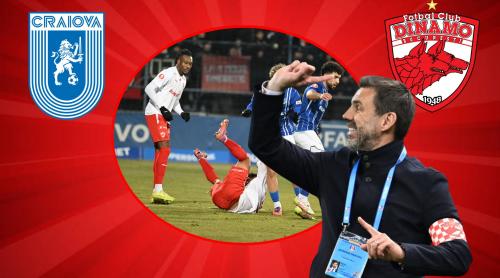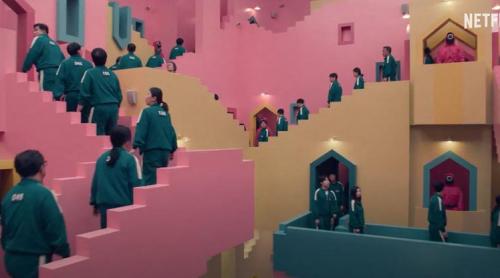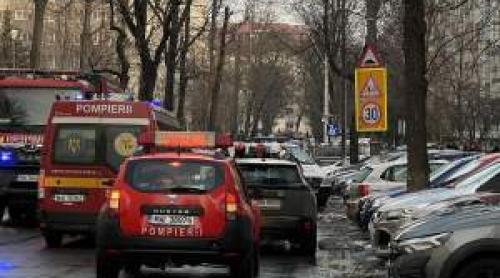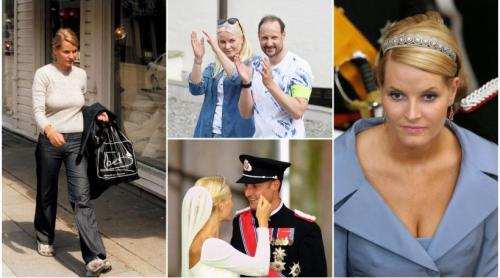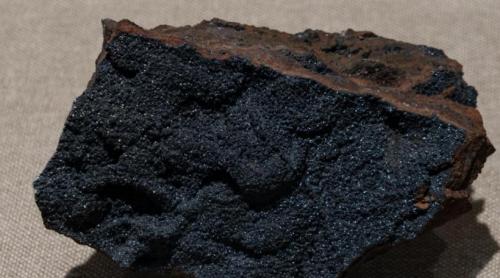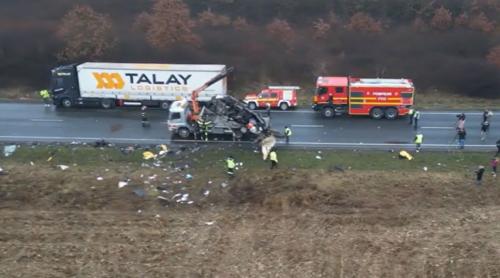
OBSERVER 6th 2004
They live on the streets and in the subway of Bucharest. Abandoned, orphans or simply fugitives from home, they got to the end of their sufferance and despair. This is who the Franco-German broadcasting channel Arte, dedicates tonight at 22:25 (23:25 local hour) a documentary called "The Children of the Asphalt" to.
By MARINA CONSTANTINOIU
For three years, with a remarkable lightness and moderation, Edet Belzberg, from the U.S.A., filmed a group of mudlarks in Bucharest. With ages between 8 and 14 years, these humble creatures, living in the subway stations, sleep on cardboards and batter from the streets, from the drivers in order to survive. They are some lost children, in the real meaning of the word: lost in the city and lost in life, comments Richard Cannavo, journalist for the weekly "La Nouvel Observateur", in its TV supplement.
For him, the ones he saw filmed in this documentary seem to be lost from themselves as well: "I have always been some sort of a limb", confesses, in this documentary, Cristina, the gangâs leader. "I feel alone, evil. I donât know the reason for having a sick head", she also says. Despite her looks and extremely violent behavior, Cristina is a child like any other.
ANALYSIS. Between hysteria crisis and crying crisis, these boys and girls that set people by the ears are something they never ceased on being: frightened, exhausted children that got to their sufferance and pain limit, desperately looking for an affectionate word or gesture. "I wish I had my own family, a child of mine, a friend", babbled, in the American recording, Mihai, a child on the streets. He has an absent-minded look and a sad face, comments the French journalist.
INDIFFERENCE. Down at heels, unfed, constantly constrained to violence and fear, they are completely destroyed by the drugs. Almost stick to the plastic bags from which they inhale hallucinating substances, they get to maunder dizzy and with injected eyes, among the passers. This is the shock image in the documentary broadcasted by Arte: the contrast, with an extreme brutality, between these droves of wild children and the so-called classic population that indifferently passes by them, without even noticing them.
Then thereâs this crude omnipresent violence, adds Richard Cannavo. There is an unperceiving threat that seems to permanently squeeze their lives. Bat fights, scandals, mutilations, from playing or as a result of a fight over a piece of bread: violence is presented in this documentary in an extremely cruel way, sometimes at the limit. This is the great originality of the documentary: has a lack of commentaries that are replaced by brutal sounds and images, without any trick. This is where the great power of this movie stands, adds Cannavo.
The true problem of Romania is poverty. In the moment when this film was made, 12 years after the death of Ceausescu, the number of the persons living at povertyâs door was 7.5 million. The first victims of these numbers are the weakest ones, meaning these children. And we have to remember, that the High Leader interdicted the birth control methods and abortion, encouraging families to send their children in orphanages especially created, in which thousands of children have been raised in atrocious conditions. Two years ago, there were 20,000 Romanian children living on the streets.
Seeing this movie proves thereâs a long way until reaching the European criteria! And that, until the standardization of the situation, the unhappy children caught on film by Edet Belzberg in this remarkable documentary, have all the time in the world to "finish themselves" completely.
Translation: SORIN BALAN
Citește pe Antena3.ro


